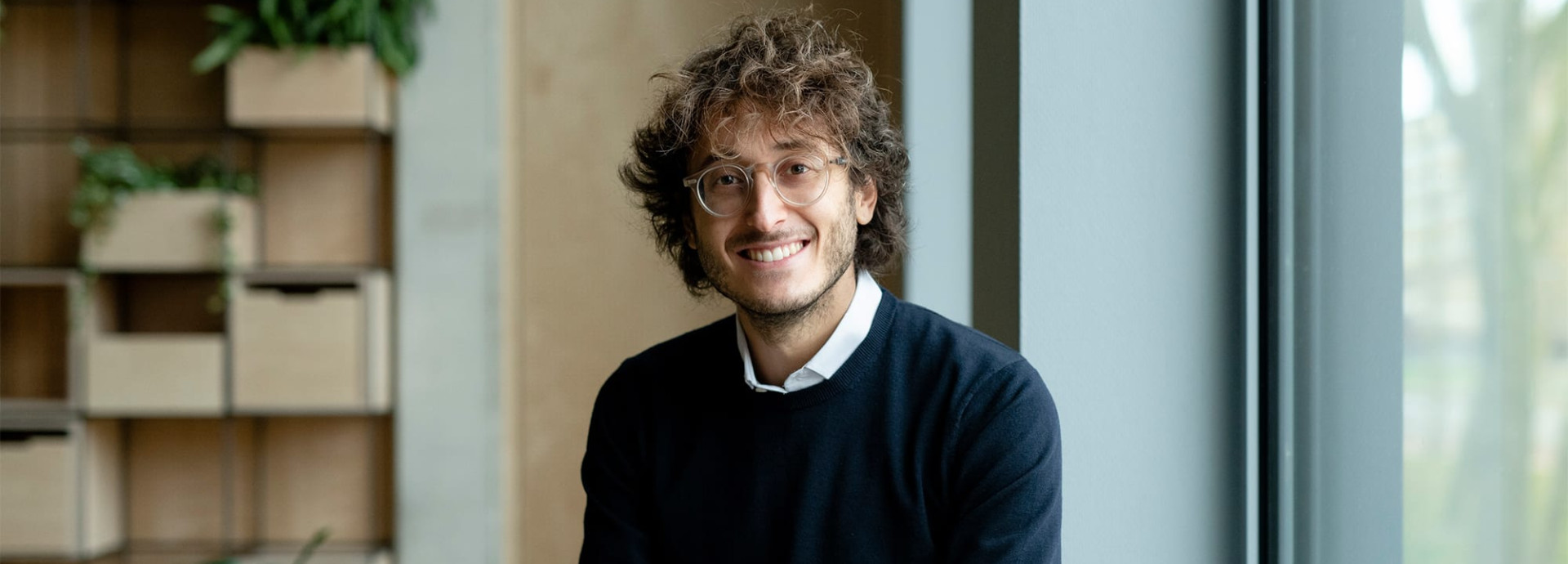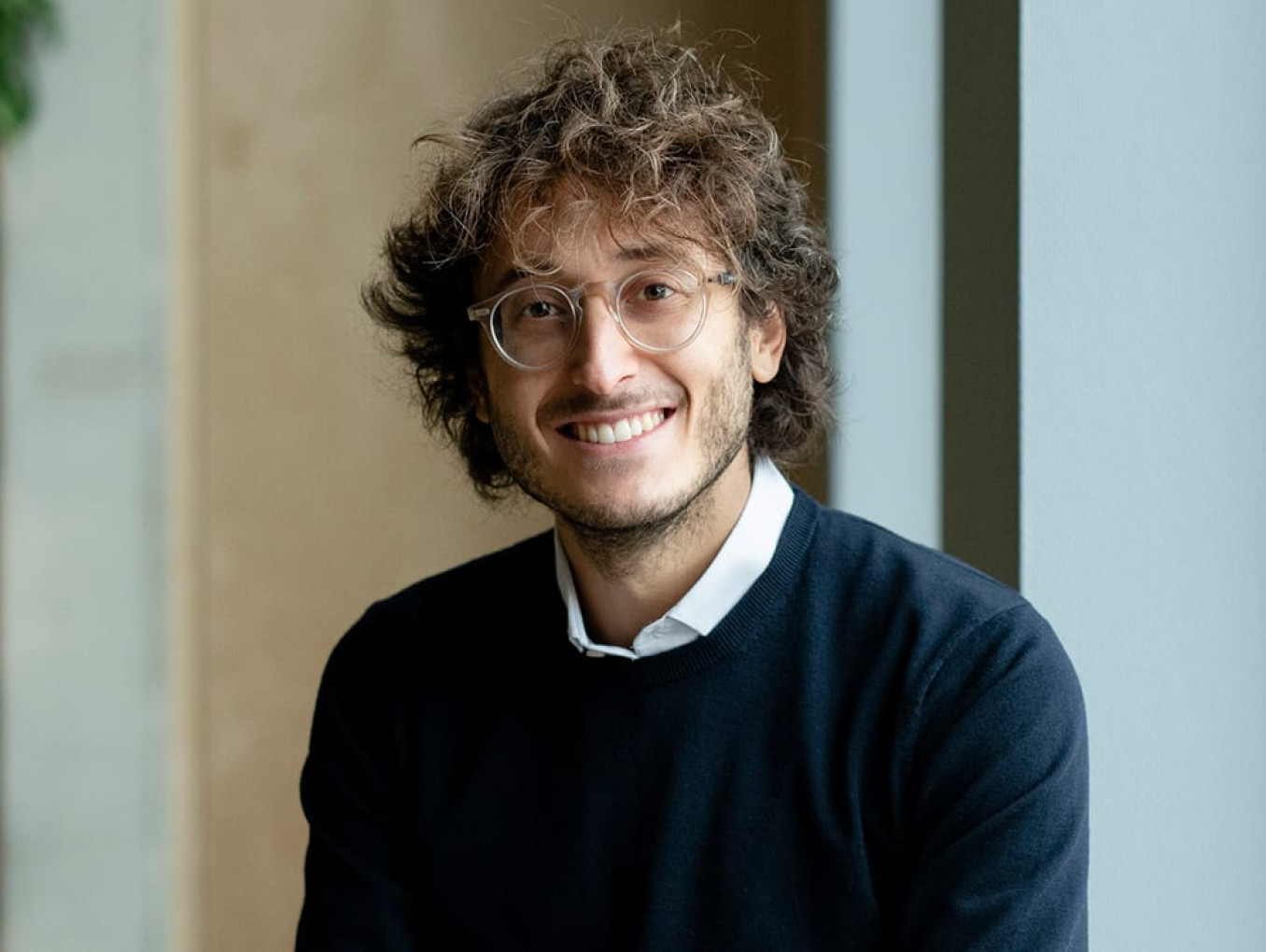

What's New With Andrea Riccio?
Andrea, it’s been 6 years since you won Falling Walls Naples and presented your breakthrough idea on the Falling Walls stage in Berlin. Looking back now, how would you say the Falling Walls Lab format has changed over the years?
Mainly, I have seen the format evolving during Covid times, empowering people remotely and keeping the community engaged. However, the core experience never changed: a lot of energy, great people to talk to and connect with, inspiration and exciting projects everywhere. This is the kind of event that makes you look forward to the future. For me, it was a life changer and it looks the same for all the Lab winners I met in the following years.
In 2019, you decided to launch a Falling Walls Lab at your university in Delft. What was your main motivation to organise a Lab, and how did you kick things off?
My experience at Falling Walls in Berlin inspired me to start a Lab. In Delft, I was surrounded by many bright minds with great ideas and I thought that the Lab would have been the perfect place to empower them to grow fast and have a wider impact on society. I kicked off by connecting with a professor at my university and getting some people on board among my colleagues. The Falling Walls team was also always there to support me and there are good guidelines on the website to know what to do. Besides that, the main thing you need is your energy and passion for the greater goal of improving society through innovation.
What were your main learnings that could help other Lab organisers who are just getting started?
First of all: Help is always good when organising an event. If you can get someone with event organisation experience on board, that’s a plus, but whoever is proactive and engaged in the project is a huge support to achieving a good event. The second piece of advice is to start small and move fast: try to plan ahead, keep in mind what is coming next and try to anticipate your moves as much as you can. Last but not least: Talk about Falling Walls. Share your experience with people, especially with youngsters. You need to advertise the competition in order to receive applications. Spread the greater goal of supporting ideas in order to let them become reality and impact society.
This is the kind of event that makes you look forward to the future.
What kind of ideas or participants do you most look forward to seeing on stage at Falling Walls Lab Delft?
I would like to see an increasing diversity of participants and more designers and projects from a humanities background. I think a big role in our future societal development will be based on projects that involve psychological and social lenses in the plan and deployment. However, I’m curious about everything, from advanced tech discoveries to small projects with a systemic impact.
What impact would you like to see Falling Walls Lab Delft have in the long term?
After three years, I stepped out from the organisation board, but Falling Walls Lab Delft is continuing with new generations as we built a strong community and partnership with the university and companies surrounding us. I really hope and believe that the projects that pass by the Delft Lab will have a push toward success by changing people’s lives and protecting our environment. I saw our winners create startups and run faster to implement those ideas, so I believe we are on the right track.
On a personal note: What are your plans for the future?
At the moment, my work focuses on employees' experiences and I strongly believe that we need a satisfied workforce and a better collaboration to overcome the societal and business challenges that we are facing today. At the same time, I am improving my systemic thinking skills as things are now more complex than ever. To have a big impact, we must be aware of how to tackle problems from different points of view.